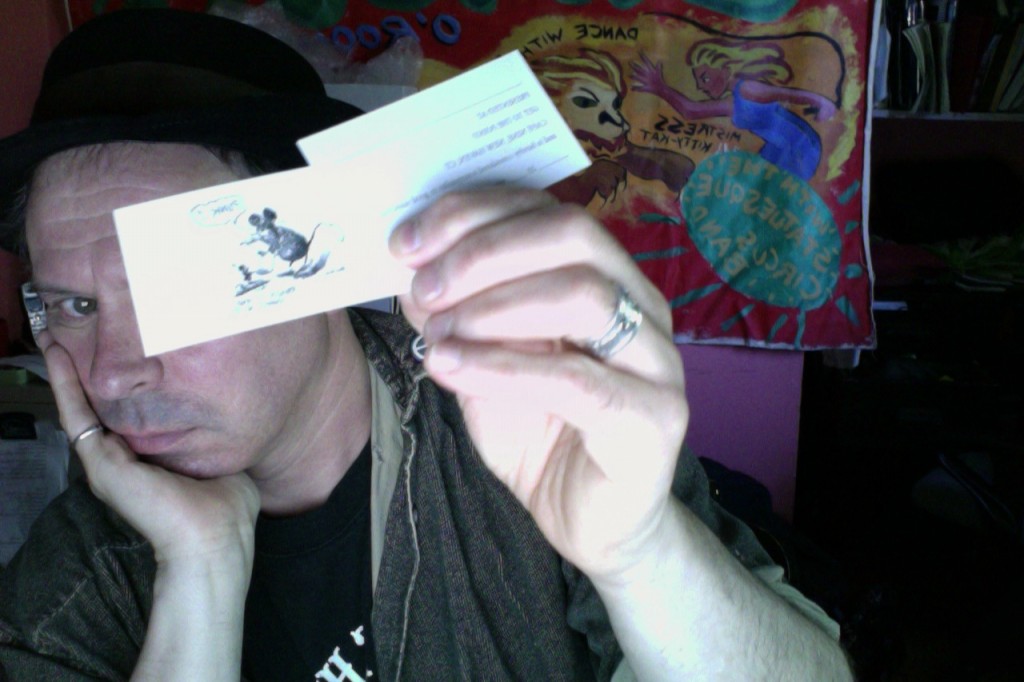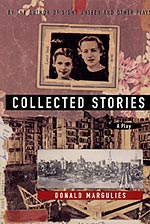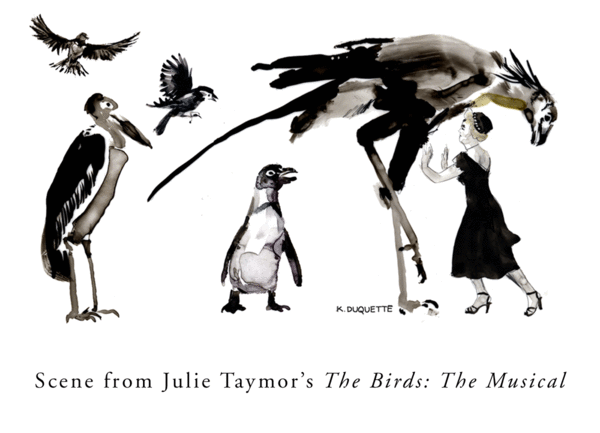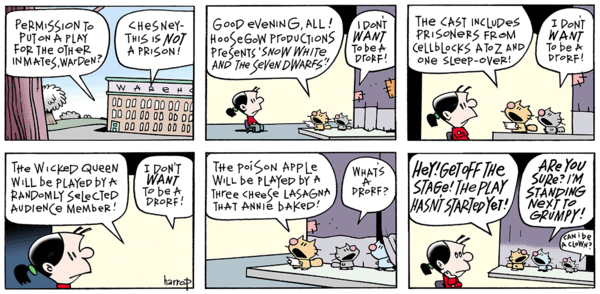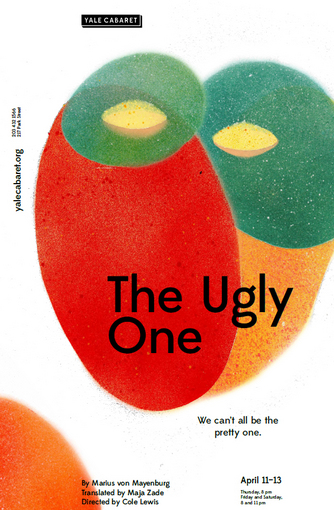Lucky Me
By Sachi Parker and Frederick Stroppel. Directed by Douglas Moser. Produced by Joanna Keylock. Production design by Andrew Rubenoff. Costumes by Deighna DeRiu. Through June 9 at the Off Broadway Theatre at Yale, New Haven. (203) 305-7762.
Certainly I’ve had many friends and acquaintances who feel they had difficult childhoods due to domineering or distant or self-centered parents. Such feelings can be universal, and have fueled numerous powerful stage dramas, from the works of Eugene O’Neill to Nicky Silver’s recent triumph The Lyons. Whether this mood can sustain an autobiographical one-woman show such as Lucky Me is open to debate.
Lucky Me is a stage variation of the memoirs published earlier this year by Sachi Parker, daughter of Shirley MacLaine. Parker’s father also figures in the narrative, and seems just as dysfunctional a parent as MacLaine is made out to be, yet since he’s not a celebrity gets off kind of easy.
Parker plays herself—and, in some uncanny impersonations, her mother—in the show. The production benefits from a full set meant to evoke Parker’s childhood years in Japan, its paper screens providing a convenient place for the star to dip behind and make quick costume changes. She dons a cowboy hat when describing how she became a sheep rancher in Australia, for example.
Parker tantalizes the audience with secrets about her mother and a whole lot of namedropping from her own days as an actress in Hollywood. But the show is rather uncomfortably built around her overstated belief that she was cheated out of a better life and a better career by a shitty mom.
MacLaine doesn’ get a clear introduction. It’s assumed that you know who she is, and what she’s done. This is surely to expected for much of the show’s potential audience, yet being stingy with MacLaine’s biographical details and public persona robs Parker’s memoir of some structural underpinnings and empathetic elements it dearly needs. MacLaine is berated regularly as a bad mother—neglectful, self-centered, oblivious. It would help if more were made of her as a personality, and how such a personality does not fit a conventional mold of motherhood in the late 20th century. MacLaine is an actress who has seldom been described without the words “madcap,” “spitfire,” “pixieish” or “free-spirited” nearby. In enumerating her many maternal transgressions, a “What did you expect?” attitude would be easier to stomach than a litany of her failures.
While excoriating her mother in no uncertain terms for being competitive, Parker drops a few obfuscated hints that she might be harboring the same unattractive qualities. At Wednesday’s performance, a story in which she was led to believe she had won a role in Closing the Ring, playing the daughter of a character played by Shirley MacLaine, Parker punctuated the story by saying Neve Campbell had ultimately been the given the part instead, then noted that the film “went straight to video” and gave what seemed to be an improvised fist-pump of sweet revenge. Closing the Ring may not have done well at the box office or with many critics, but it did do better than most of the films on Parker’s lamentable resume, and screened at the Toronto and London film festivals. Parker acts cheated and resentful, but as she tells it, the story doesn’t quite add up: the part only exists for her in the first place because her mother suggested it for her. The evidence that the same woman eventually appears to have had it taken away from her is delivered in confusing conversations between mother and daughter. Sachi plays herself as level and controlled, and Shirley as insufferably short-tempered, yet daughter confront Mom with some pretty major stuff. This is one of those stranger-than-fiction narratives which exists because it was lived and internalized, but would never work if you made it up and tried to dramatize it.
Parker does a mean Shirley MacLaine impression (at one point wearing a wig that conjures up an eerie physical resemblance as well), but doesn’t distinguish herself as the sort of equivalent talent that would justify the constant kvetching about a thwarted show business career. During Wednesday’s performance she fought a losing battle with the water bottle she needed to occasionally whet her whistle during this 90 minute monologue. A Poland Spring bottle is certainly an acceptable prop in shows like this, but at various points Parker misplaced it, mentioned it in mid-sentence, kicked it over and nearly tripped on it. All the while, she argued that she’s a good actress being kept down by her mother’s spiteful and vindictive nature. Yet MacLaine herself did not exactly gain fame through ideal circumstances, and proved herself as a great dancer and comedienne as well as an actress.
The picture Parker paints is of a normal child living in incredible circumstances. The vision isn’t convincingly portrayed, because of the random starstruck nature of the stories—Sinatra! Charlie Sheen!—although her uncle Warren Beatty isn’t mentioned once. A confessional quality is lost, and we’re left with disillusionment and diatribe.
The publisher’s description of the book Lucky Me, on which this show is based, gives it a much more useful framework than we get in the stage version:
“Shirley MacLaine’s only child shares shocking stories from her out-of-this-world childhood with the famously eccentric actress.” Those phrases “only child,” “out-of-this-world” and “famously eccentric” are inspired choices, ideal for an understanding of what Lucky Me could be. Without such signposts, and without a script that allows for a more charitable view of what challenges might have been present in the unfortunate situations described, or how others might have been feeling, this show can’t help but come off as a child’s one-sided revenge on Mom.


